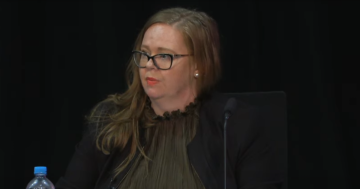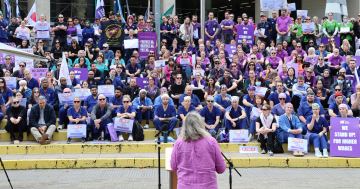 United Kingdom unions have claimed that high workloads, low pay and Ministers’ attacks are driving Public Servants to quit.
United Kingdom unions have claimed that high workloads, low pay and Ministers’ attacks are driving Public Servants to quit.
They were responding to statistics from the Cabinet Office which showed that even though the overall number of bureaucrats has increased, resignations and early retirements are at a decade-high rate.
The Cabinet Office said the high numbers of departures — more than 44,220, compared to 27,830 in 2020-21 — were due to the high growth in the Public Service in the past six years, as well as the COVID-19 pandemic delaying people’s decisions about work.
The headcount rose from 384,000 in June 2016 to 479,000 in March 2022.
Deputy General Secretary of the Prospect union, Garry Graham accused the Government of failing to make the Public Service an attractive place to work.
“High workloads and low pay are inevitably driving people to build their careers elsewhere,” Mr Graham said.
“The ability of knowledge workers to work remotely has widened labour market opportunities, with private sector employers regularly highlighting the ‘battle for talent’ and the need to provide an attractive employee proposition.”
He said that in contrast, the Government singled out its own workforce for unfounded criticism while treating it as the poorest of poor relations in terms of pay compared to other public or private sector comparators.
A Public and Commercial Services (PCS) union spokesperson said Public Servants were tired of years of low pay and increasing criticism from Ministers.
“The massive increase in people leaving the Civil Service is no surprise,” the spokesperson said.
“After decades of falling living standards due to pay restraint, Civil Servants are voting with their feet.”
Meanwhile, contract workers at the Disclosure and Barring Service (DBS) have confirmed plans for a six-day strike over pay and conditions.
Eighty members of the PCS, who run the contact centre and back-office functions for the DBS, are to start their industrial action on 15 August.
They are employed in Liverpool to deliver a contract that was outsourced to Indian company, Hinduja Global Solutions.
The strike follows a vote that saw 100 per cent of participants reject Hinduja’s 3.25 per cent pay offer.
London, 6 August 2022











